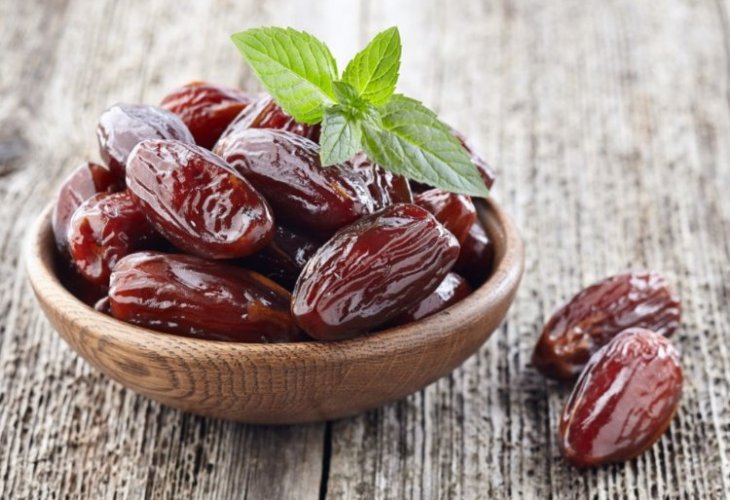Not Just on Tu Bishvat: 4 Surprising Facts That Will Make You Want to Eat Dates
There's no doubt, the date is one of the tastiest fruits Hashem placed in this world. But how important is it to include in your diet? Here are some facts you might not know about nature's candy.
 (Photo: shutterstock)
(Photo: shutterstock)The date is one of the tastiest fruits Hashem placed in this world. Dates have unique components and a special growing process that make them much healthier compared to other dried fruits available in the market.
Here are some interesting facts about the sweetest fruit in nature:
1. Dates, unlike other dried fruits, naturally dry on the tree and do not require industrial drying processes to extend their shelf life or the use of harmful substances to enhance their taste. The sugar present in them is not added artificially but is entirely natural and the taste - amazingly delicious.
2. The fat content in dates is almost nil, and therefore their nutritional value is lower compared to other sweets like chocolate or cookies. If chocolate contains about 30% fat, dates contain less than 0.5% fat. It is a fruit with a winning nutritional composition.
3. Dates are rich in polyphenols, effective antioxidants that delay the oxidation of bad cholesterol (LDL) which increases the risk of heart diseases and artery blockages. According to a study conducted at Rambam Medical Center, it was found that polyphenols can reduce LDL oxidation but also have the ability to help remove its excess from the artery walls, thereby contributing to slowing the development of atherosclerosis.
Dates contain high amounts of potassium and magnesium, and even calcium. These minerals are essential for bone health, as well as for reducing blood pressure and minimizing the risk of stroke, heart attacks, and more.
Additionally, the carbohydrates present in dates provide us with energy naturally, unlike processed grains which are not recommended for excessive consumption.
4. Eating dates prolongs the feeling of fullness and prevents constipation, due to the dietary fibers found in dates at a relatively high rate compared to other fruits (up to about 8 g per 100 g). These fibers play an essential role in the proper functioning of the digestive system. Additionally, these processes reduce the risk of colon cancer.

